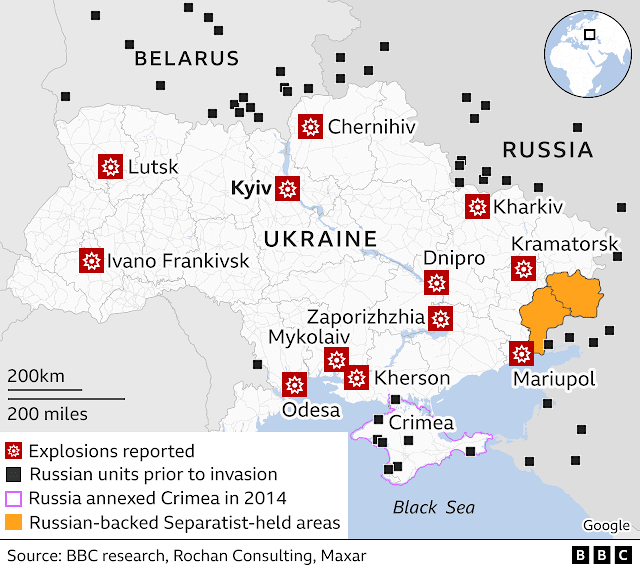ANALYSIS: Has Germany Become a Liability for NATO?
NATO, as an organisation has much to owe to Germany. It was in the wake of German defeat in the Second World War that the western allies formed the North Atlantic Treaty Organisation to counteract both the Soviet Union and the disastrous waves of European chauvinist nationalism that had plagued the continents stability. NATO formed in 1949 and by 1955, West Germany had joined the alliance as a key member, located directly on the border between NATO and the Soviet Union's alliance, named the Warsaw Pact. For the following decades, West Germany played a key geopolitical role in NATO, the site of many NATO bases and an increasingly important economic partner. This importance seemed solidified in 1990, with East Germany and West Germany reunifying, which only heightened the geopolitical importance of Germany to NATO.
A Waning German Contribution
Yet, this was to be the peak of the German contribution to NATO, with its importance beginning to wane following the collapse of the USSR and the Warsaw pact by 1991. Thereafter, NATO began its eastern expansion, with the Czech Republic, Hungary and Poland joining in 1999, then noticeably the Baltic States, Bulgaria, Romania and Slovakia in 2004. This seriously enlarged NATO geographically, taking Germany from a state at the forefront of the battle with Russia, to a state roughly 1000km from the Russian mainland. It also granted Germany a series of buffer states against the newly formed Russian Federation.
In more recent years, Germany has consistently failed to keep its defence spending in line with the 2% of GDP target set by NATO. It now stands at a measly 1.5%, a poor attempt for a nation that is the largest economy within Europe, whilst also not possessing the economic burdens of nuclear defence whose costs are shouldered by the United States, the United Kingdom and France. All told, eighteen NATO members spend more as a percentage of GDP than Germany, including much poorer states such as Bulgaria, North Macedonia, the Baltic States and Romania to name a few. Now this poor attitude towards NATO spending is manifesting in a weak attitude towards Russian aggression in Ukraine. This seems to be happening for a number of reasons, but most importantly, German dependence on Russian natural gas. This is dependency is currently increasing, with the Germans closing down their nuclear power plants as well as phasing out coal power plants too. The most hotly contentious facet of the German energy dependency comes from the controversial Nord Stream 2 pipeline, that aims to supply Russian gas to German homes via the Baltic sea, subverting the land routes through Ukraine to Kiev's economic detriment.
But of course, Germany doesn't seem to mind the weakening of Ukraine, a state that now shares a vast border with Russia and seeks to re-align itself with the west. In fact, Germany has been willing to do very little to help Kiev in its current situation. Berlin has been unwilling to threaten the halting of Nord Stream 2, forced planes supplying arms to Ukraine to navigate away from its airspace and halted the gifting of Estonian howitzers to Kiev. Germany claims the halting of these arms sales is due to a sensitivity towards supplying German weapons to eastern Europe, a region ravaged by Germany weaponry in World War Two. Peculiarly, Germany has supplied arms to the controversial regimes in both Pakistan and Egypt, but finds a moral quandary when defending a budding European democracy. This has left NATO divided, with the eastern members most at threat to Russian aggression justly disappointed and angry at Berlin. It is a division within NATO that the all-seeing Vladimir Putin is all too aware of.
Thus, the German contribution towards peaceful defence and democracy is stymied by out-of-date attitudes towards military intervention, shaped by their collective moral, political and military failings in the two world wars. Germany has the potential to lead and defend democratic values across the world, but if Germany cannot change its ways, then it will remains a hole in NATOs defence as well as a detriment to western civilisation.
 |
| Photo Credit: Anja Niedringhaus / AP file |
Authored by an anonymous contributor. Views do not reflect those of Mundus Report.


Comments
Post a Comment